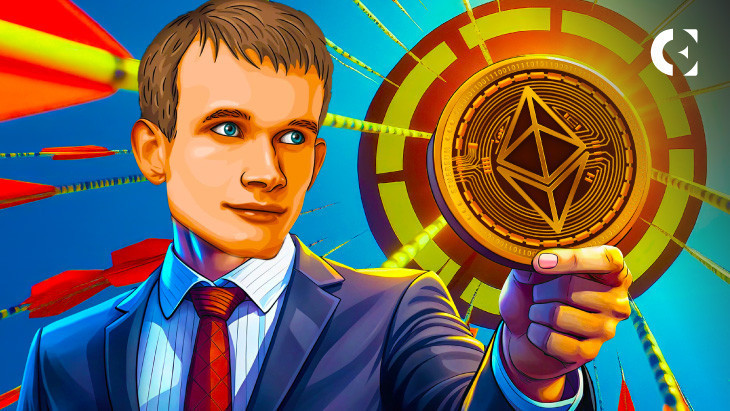Ethereum co-founder Vitalik Buterin has countered Nick White’s opinion on committees for blockchain verifiability. Buterin considers adopting committees an aberration and a move away from the decentralization principles of blockchain technology. Buterin stated he would stop considering Ethereum for what it is if the blockchain accepted committees and centralized intermediaries as the solution for everything.
I don’t think this is a fringe take at all.
If Ethereum gave up on verifiability and accepted committees and centralized intermediaries for everything, I would consider it no longer Ethereum.
In addition to verifiability I would also add highly democratized participation.
— vitalik.eth (@VitalikButerin) December 7, 2024
Buterin’s statement was in response to a post by Nick White, a partner of the Celestia blockchain, who believes the core of blockchain technology is verifiability, no matter how users achieve it. According to White, the goal is freedom from committees and intermediary institutions. Hence, it doesn’t matter how to achieve that. White said, “A decentralized committee is still a committee.”
For clarity, White did not argue for an overwhelming implementation of committees across blockchain verifiability. He specified that consensus is the only area where the blockchain industry should adopt committees, stating that relying on state committees for state validity should be out of the equation.
Buterin did not agree with the suggestion. He categorically stated that using committees to verify transactions means decentralization for a blockchain network. As the Ethereum co-founder and a prominent figure in the blockchain industry, he rejected the opinion and stated clearly what adopting committees would do to his perception of Ethereum.
Decentralization is a core feature of blockchain technology that distributes decision-making power among participants. Such participants gain their democratic rights by running nodes on the blockchains, taking up the responsibility of making the blockchains more secure, transparent, and trustworthy.
Ethereum remains the second-largest blockchain by market capitalization. Meanwhile, many Ethereum supporters consider it the most decentralized blockchain despite Bitcoin’s superiority in age and size. Nonetheless, the blockchain is highly rated for immutability and being permissionless, both attributes of a highly decentralized network.
Disclaimer: The information presented in this article is for informational and educational purposes only. The article does not constitute financial advice or advice of any kind. Coin Edition is not responsible for any losses incurred as a result of the utilization of content, products, or services mentioned. Readers are advised to exercise caution before taking any action related to the company.
Read the full article here

